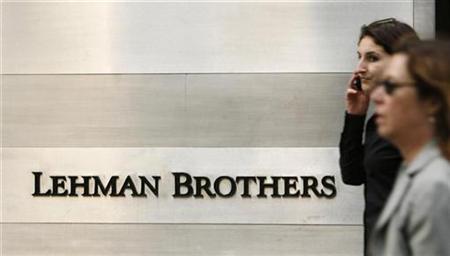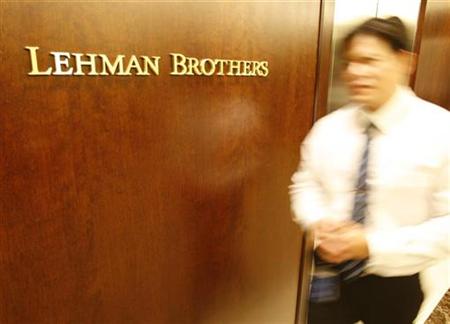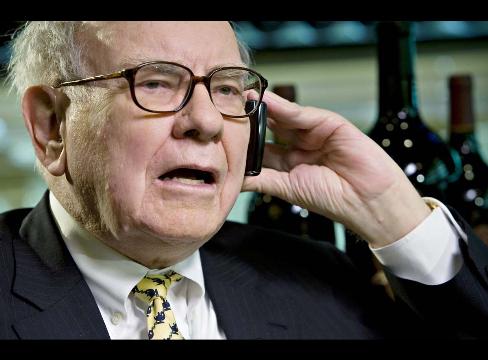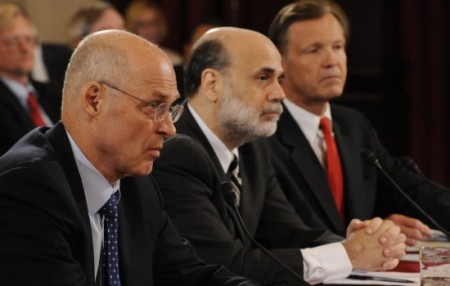“I can calculate the movement of the stars, but not the madness of men.”
– Sir Isaac Newton, after losing a fortune in the South Sea bubble
Something extraordinary is going on with these government bailouts. In March 2008, the Federal Reserve extended a $55 billion loan to JPMorgan to “rescue” investment bank Bear Stearns from bankruptcy, a highly controversial move that tested the limits of the Federal Reserve Act. On September 7, 2008, the U.S. government seized private mortgage giants Fannie Mae and Freddie Mac and imposed a conservatorship, a form of bankruptcy; but rather than let the bankruptcy court sort out the assets among the claimants, the Treasury extended an unlimited credit line to the insolvent corporations and said it would exercise its authority to buy their stock, effectively nationalizing them. Now the Federal Reserve has announced that it is giving an $85 billion loan to American International Group (AIG), the world’s largest insurance company, in exchange for a nearly 80% stake in the insurer . . . .
The Fed is buying an insurance company? Where exactly is that covered in the Federal Reserve Act? The Associated Press calls it a “government takeover,” but this is not your ordinary “nationalization” like the purchase of Fannie/Freddie stock by the U.S. Treasury. The Federal Reserve has the power to print the national money supply, but it is not actually a part of the U.S. government. It is a private banking corporation owned by a consortium of private banks. The banking industry just bought the world’s largest insurance company, and they used federal money to do it. Yahoo Finance reported on September 17:
Read moreIT’S THE DERIVATIVES, STUPID! WHY FANNIE, FREDDIE AND AIG ALL HAD TO BE BAILED OUT





